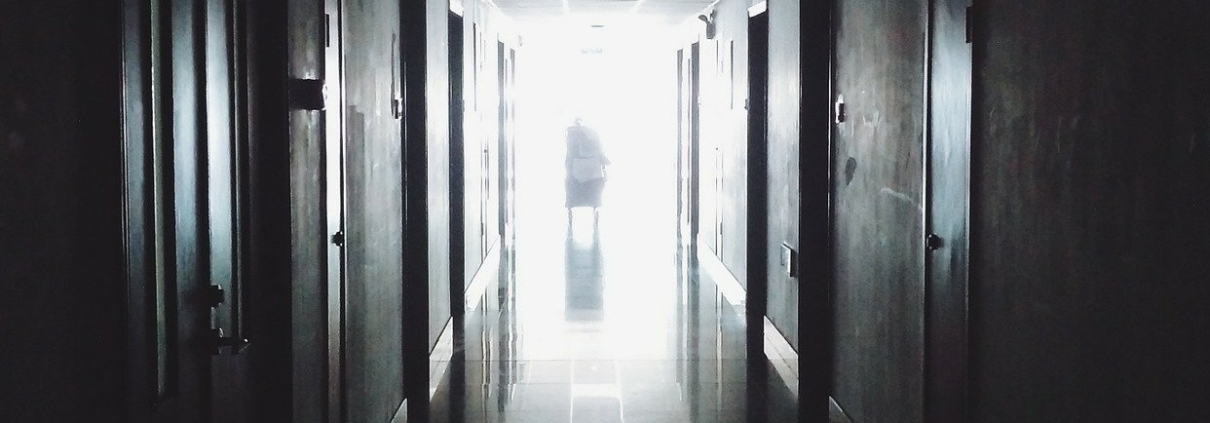Do I Have to Perform an Expiation for my Patients Who Died?
Question:
Assalamu ‘alaykum. On a few occasions I, as a doctor, have handled cases where patients have died. I am worried that I did not do everything I could, so I may have accidentally caused their death. Do I have to perform a kaffara? Also, I broke some fasts as a teenager. Do I have to perform a kaffara? Can I combine the two?
Answer:
Wa ‘alaykum assalam wa rahmatullah wa barakatuh.
I pray you are well.
Accidental Deaths
Do not worry; you have not accidentally killed those people, so you do not have to perform a kaffara. Accidentally killing someone would be like when someone aims to shoot an animal when hunting, but misses, and the arrow hits and kills a person. [Maydani, al Lubab]
Sometimes, in the heat of the moment, people do not act as they might in a calmer situation. This is what seems to have happened in the situations you described.
Do your job diligently, seeking Allah’s pleasure and expecting a great reward. Every life you save will a source of many delights for you on the Day of Judgement: “Whoever gives life to [a soul] it is as though he has given life to all humanity.” (Qur’an, 5:32)
Expiation For Boken Fasts
Yes, you need to perform one expiation for the fasts you broke. Simply tell your husband that you broke a fast as a teen, and you need to make it up. Winter is a perfect time as the days are short. [Shurunbulali, Maraqi al Falah]
May Allah grant you the best of both worlds.
[Shaykh] Abdul-Rahim
Checked and Approved by Shaykh Faraz Rabbani
Shaykh Abdul-Rahim Reasat began his studies in Arabic Grammar and Morphology in 2005. After graduating with a degree in English and History he moved to Damascus in 2007 where, for 18 months, he studied with many erudite scholars. In late 2008 he moved to Amman, Jordan, where he continued his studies for the next six years in Sacred Law (fiqh), legal theory (Usul al-fiqh), theology, hadith methodology, hadith commentary, and Logic. He was also given licenses of mastery in the science of Quranic recital and he was able to study an extensive curriculum of Quranic sciences, tafsir, Arabic grammar, and Arabic eloquence.
